The inspector general for the U.S. Agency for International Development (USAID) was fired on Tuesday, one day after his office issued a critical report highlighting the risk of nearly $500 million in food aid spoiling due to a funding freeze imposed by the Trump administration. Paul Martin, who was appointed inspector general of USAID by President Joe Biden in 2023, was informed by email from the Office of Presidential Personnel that his position had been terminated “effective immediately.” This dismissal came just after Martin’s office released a report that drew attention to the potential for significant waste and loss of food assistance.
The Critical Report
The report, published by Martin’s office, warned that more than $489 million worth of food assistance was at risk of spoilage, damage, or diversion due to delayed shipments. The delay in food delivery was attributed to the Trump administration’s unclear freeze on aid guidance, which had significant implications for the distribution of critical resources across the globe. According to the report, USAID staff were initially told that an emergency food assistance waiver had been granted, but the freeze still had an enormous impact, particularly on logistics and communication within the agency.
Staff members were ordered to refrain from “external communications,” and more than 90% of the workforce was placed on paid administrative leave. This move created chaos within the agency, as conflicting instructions and unclear guidance left USAID workers unsure about how to proceed, despite the urgent nature of food aid distribution.
“According to USAID staff, this uncertainty put more than $489 million of food assistance at ports, in transit, and in warehouses at risk of spoilage, unanticipated storage needs, and diversion,” the report stated. The inspector general’s office detailed how the confusion around the freeze and the lack of coordination led to the possibility that essential food aid might spoil, causing massive losses in humanitarian efforts to feed vulnerable populations across the world.
Trump’s Freeze and its Impact on USAID
The food assistance delay was not an isolated issue; it was part of a larger political move by the Trump administration aimed at cutting funding for agencies like USAID. The Trump administration issued the aid freeze as part of its broader budgetary and foreign policy initiatives, which included sweeping cuts to foreign aid programs, many of which were administered through USAID. At the time of the freeze, the Trump administration also pushed to reduce the agency’s size and reorient its functions, aiming to consolidate it with other branches of government such as the State Department, effectively dismantling its independent role.
The freeze created widespread confusion at USAID, leading to the severe delay in the delivery of emergency food aid to areas facing hunger crises. This included several nations experiencing political instability, famine, and other emergencies that had been reliant on U.S. food assistance for survival. According to the inspector general’s report, the delays were not only costly in terms of financial losses but also jeopardized the livelihoods and well-being of many vulnerable communities.
Despite the administration’s initial claims that the freeze would not affect emergency food assistance, it quickly became clear that the lack of communication and transparency severely undermined the agency’s ability to distribute aid effectively. USAID’s staff members were caught between following conflicting instructions from the administration and ensuring that the vital aid reached the people who needed it most.
Paul Martin’s Firing
Paul Martin’s dismissal occurred one day after his office released the report, a move that many saw as politically motivated. The report raised serious concerns about the effectiveness of the Trump administration’s freeze on foreign aid, particularly as it related to the potential loss of food assistance. The decision to terminate Martin’s position has raised eyebrows, especially given his long-standing career in public service, including his previous tenure as the inspector general at NASA and the U.S. Department of Justice’s Office of Inspector General.
Martin had been appointed by President Biden to oversee USAID and ensure the agency was operating effectively and ethically. His role as inspector general was to monitor the agency for fraud, waste, and abuse, and his office’s report highlighted substantial risks that arose directly from the Trump administration’s actions. His firing came amid broader political tensions between the Trump administration and those who opposed its handling of foreign aid and government oversight.
While the Trump administration has not publicly provided specific reasons for Martin’s firing, his termination came shortly after he released a report that could be viewed as a direct challenge to the administration’s decisions regarding foreign aid. The firing also followed the administration’s controversial stance on USAID, with some officials calling for the dismantling of the agency altogether.
USAID’s Role and Importance
For over six decades, USAID has played a critical role in global humanitarian efforts, providing food assistance, disaster relief, and development aid to countries in need. The U.S. is the largest humanitarian donor in the world, contributing billions of dollars annually to address issues such as hunger, disease, and poverty. Despite spending less than 1% of the U.S. federal budget on foreign assistance, USAID’s work has had a significant impact in improving lives worldwide.
The agency has been instrumental in fighting global hunger and disease, promoting education, and supporting democratic governance. Many of the food aid programs that were delayed due to the freeze were part of long-standing efforts to combat starvation in areas such as sub-Saharan Africa and parts of the Middle East.
USAID’s efforts have been lauded by numerous humanitarian organizations, and the agency’s ability to respond to emergencies in a timely and efficient manner is one of its core functions. The report highlighting the risk of $489 million in food aid spoilage underscores the importance of USAID’s mission and the potential consequences of administrative mismanagement.
Legal and Political Fallout
Following Martin’s firing, multiple lawsuits were filed by organizations that represent USAID workers, contractors, and non-profits, all of whom voiced concerns about the administration’s attempts to dismantle the agency. Critics argue that the cuts to USAID’s budget and workforce, including the decision to place staff on administrative leave, were a violation of federal law and the will of Congress, which had specifically appropriated funds for foreign assistance programs.
USAID’s workers and contractors have claimed that the Trump administration did not have the authority to cancel the funding and disband critical services. These legal challenges highlight the political tensions surrounding USAID’s funding and the broader debate over the U.S. role in global humanitarian efforts.
Conclusion
Paul Martin’s firing and the release of the critical report on the Trump administration’s freeze on USAID aid have brought significant attention to the impact of political decisions on humanitarian work. The potential loss of nearly $500 million in food assistance due to logistical delays and lack of clear communication has highlighted the risks of undermining the effectiveness of foreign aid programs. While Martin’s dismissal is a direct result of his outspoken criticism, it has also underscored the importance of transparency and oversight in government agencies tasked with addressing global crises. The ongoing legal battles and public outcry signal that the future of USAID and U.S. foreign assistance remains a contentious issue.
Disclaimer – Our editorial team has thoroughly fact-checked this article to ensure its accuracy and eliminate any potential misinformation. We are dedicated to upholding the highest standards of integrity in our content.


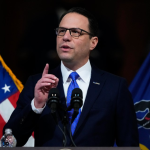
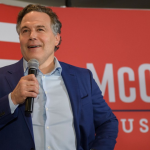
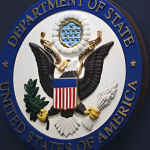




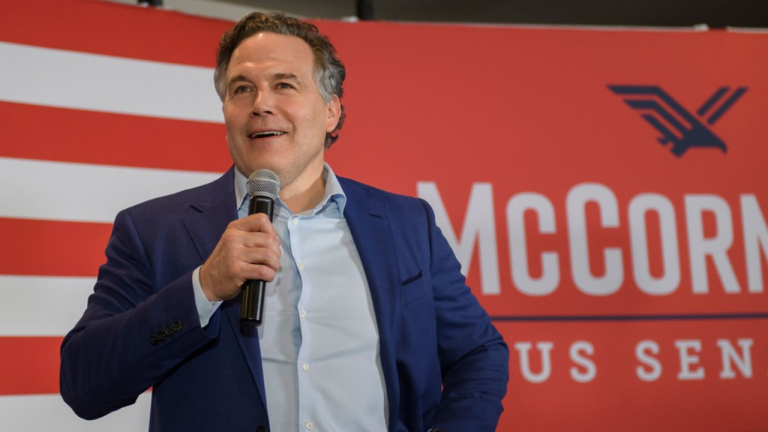
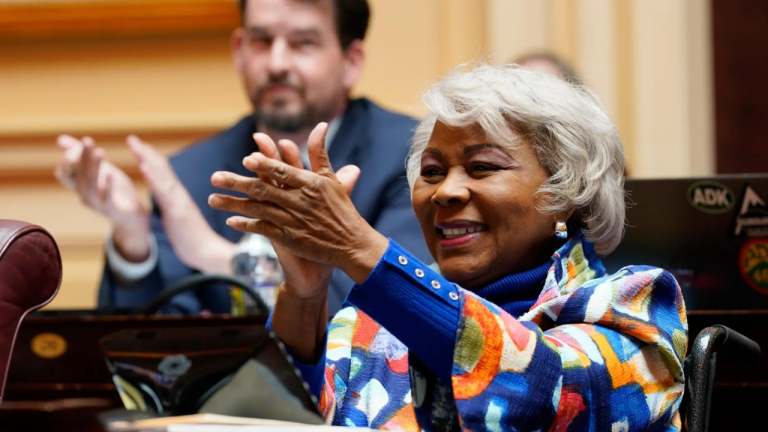
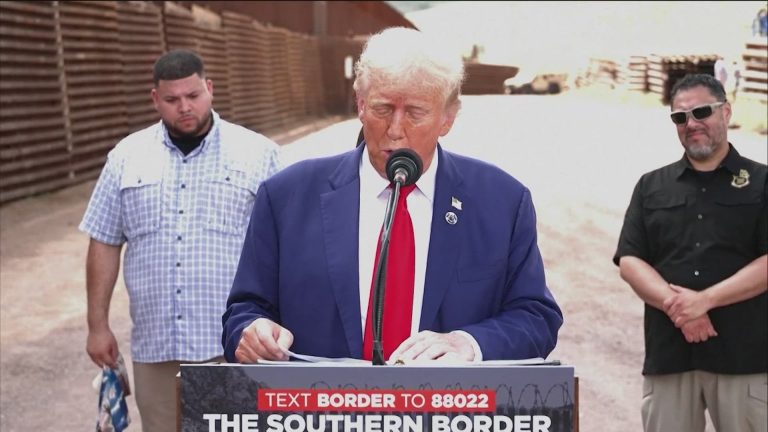




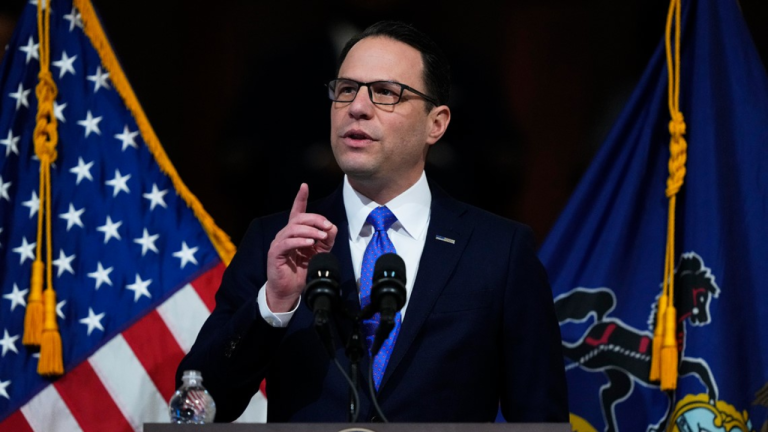
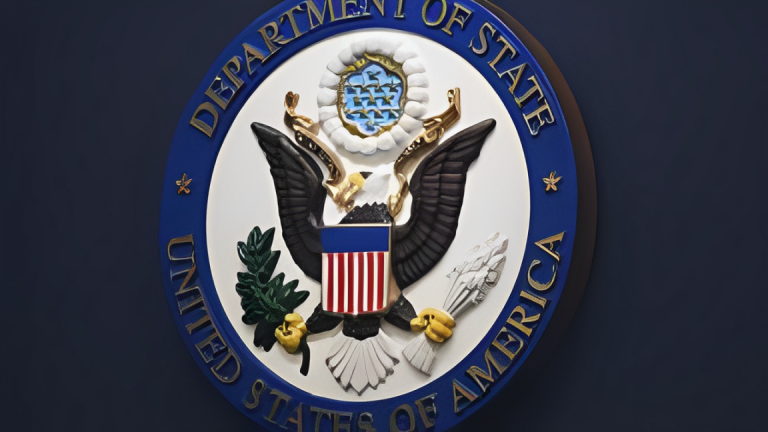







+ There are no comments
Add yours